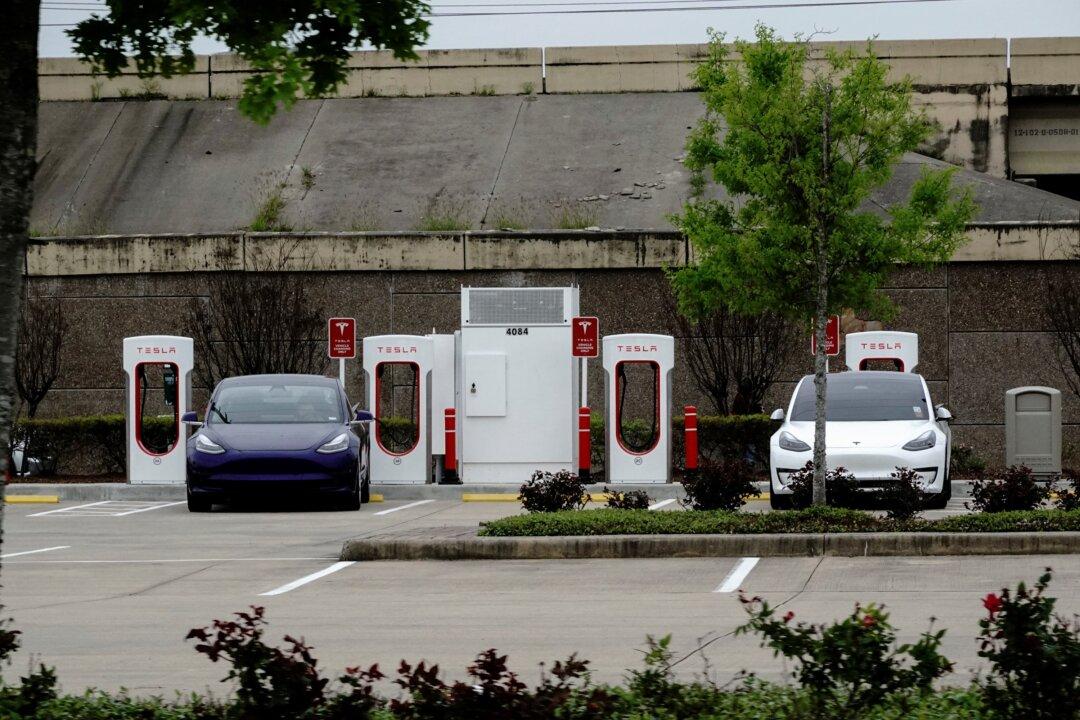A new Texas bill that would impose a $400 registration fee for a new electric vehicle and a $200 annual renewal fee has cleared the state legislature with zero opposition vote.
The bill, known as Senate Bill 505, on Thursday swept through the Texas House with unanimous approval. It had already unanimously passed the Senate on March 29, and is now heading to Gov. Gregg Abbott’s desk for his signature.





